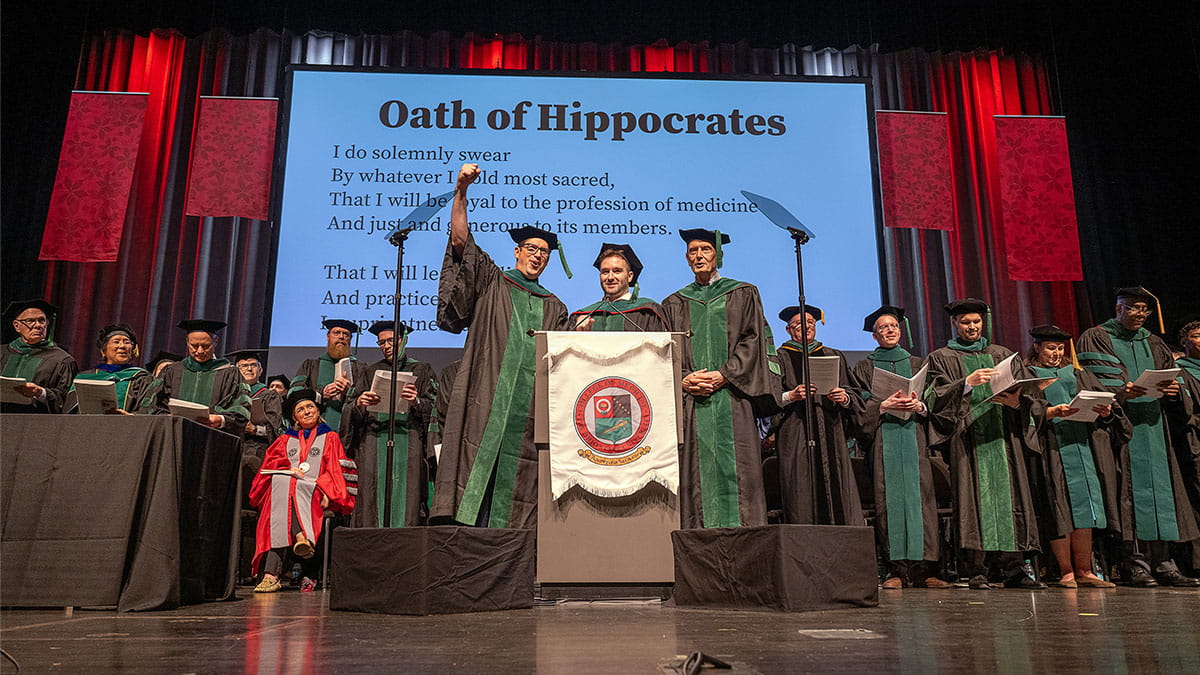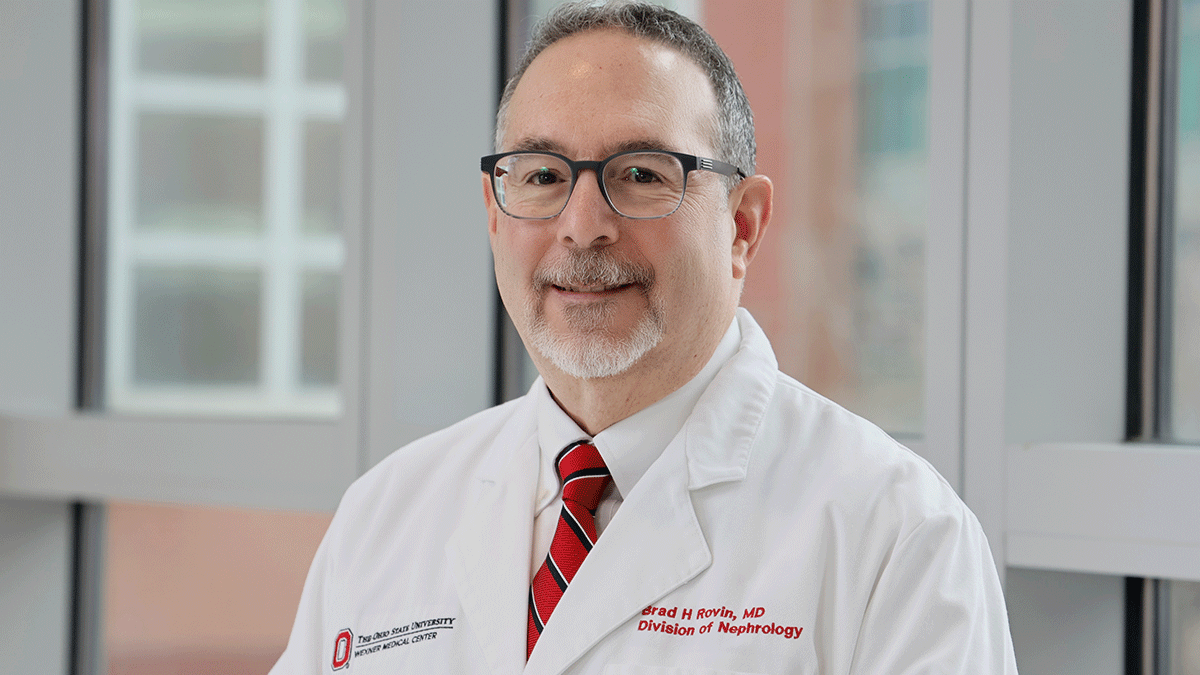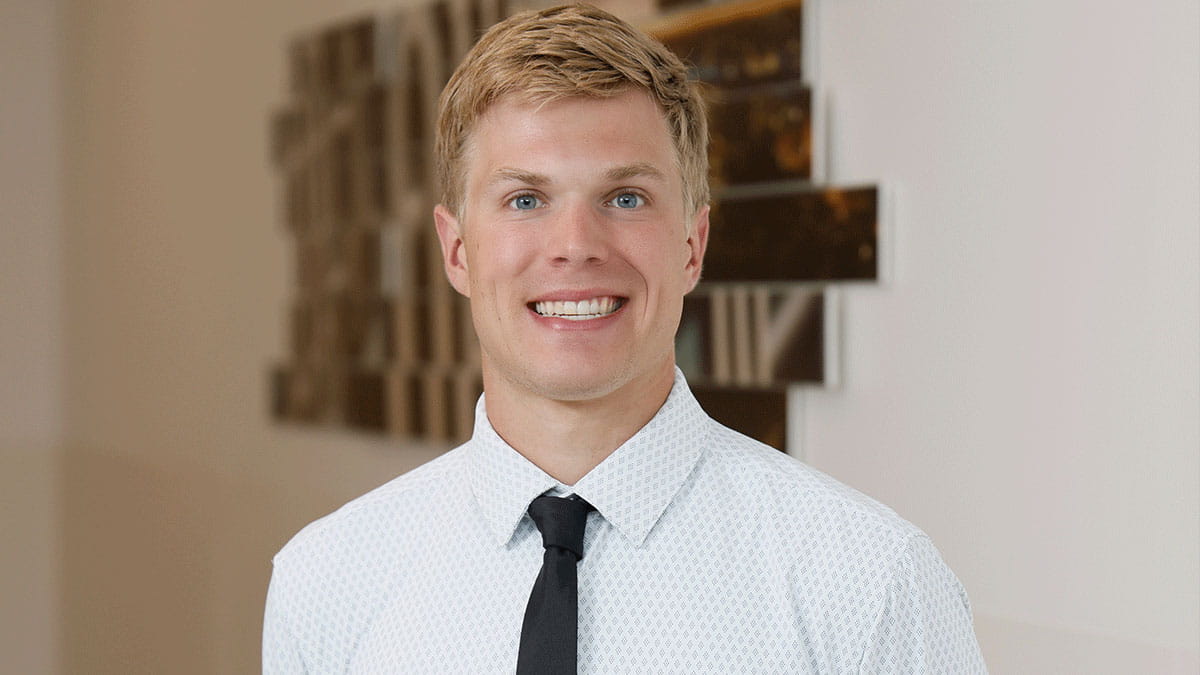Community health workers increase access to health and social services while breaking down barriers to care

They build bridges to coordinate care and advocate for patients — community health workers (CHW) help people navigate the complex health care system to receive the care they need. Their ability to fill resource gaps gives patients holistic support as they manage their unique circumstances, unexpected health issues and follow-up care. Often employed by community-based organizations, public and private clinics or public agencies, they close the distance between people in need of care and care providers.
As health care facilities expand across central Ohio, The Ohio State University continues to expand CHW education to ensure that greater numbers of people are equipped to facilitate connections between health care providers and underserved populations.
Shaunta Stanford EdD, RN, senior director of community engaged academic pathways at The Ohio State University College of Nursing, says the Community Health Worker Training Program (CHWTP) began in 2014 as a workforce development initiative that has grown to be one of the largest of these type of programs in Ohio. The team, including Sarah Posten, Milu Nguyen, BA, MS, and Cierra Allen, works collectively to deliver a 14-week hybrid learning model course with certification after completion of an internship at a community health center.
“Graduates fill important roles in the work to prevent health disparities from widening as health care systems and populations grow and play a huge role in addressing health conditions that disproportionately impact historically disadvantaged communities.” Stanford says.
The program primarily hosts students from Columbus’ Franklin County but also serves students in rural counties across Ohio, expanding the link between providers, services and patients in remote and urban areas.
“We have a wide reach and understanding of needs,” Stanford says. “And we continue to support our community partners in the work they’re already doing in communities.”
The biggest assets that CHWs bring to health care include their deep understanding of the communities they serve and their ability to build trust with individuals who may be hesitant to engage with the health care system. CHWs also provide culturally relevant health education and advocacy, improving outcomes and reducing disparities.
Staff members at Ohio State continue to spread the word about the program to increase the presence of CHWs to affect the enhancement of care coordination, especially in underserved areas, making health care more effective and equitable.
“We believe our program or the decision to become a CHW is a transformative experience, not only for the students and their families but for the communities where they live and serve,” Stanford says.
One recent graduate of the program, Mollie Trinoskey, says she signed up to obtain her mental health first aid certificate through the program, so that she’d be trained to step in and help patients when they might need it most.
“The learning gave me the confidence to help patients with all of their high-priority needs, including mental health support,” Mollie Trinoskey says. “I’ve always wanted to ensure emotional well-being was part of my work.”
She finished the online learning portion in November and completed her practicum at Physicians CareConnection (PCC), a volunteer-based charitable organization that helps coordinate care for vulnerable adults in central Ohio. During her internship, she served as the intake coordinator for women seeking prenatal care, helping book timely appointments and sharing resources to ensure healthy pregnancies. She also helped patients who needed treatment for medical issues and injuries.
Her supervisor says the CHW program prepared Mollie to jump right into her role at the clinic on day one, and that her positive attitude and compassion led to a deep connection with one patient needing care for a shoulder injury.
That connection was evident when the woman came for her appointment and gave Trinoskey a copy of a book she wrote about her life experiences. She donates proceeds from book sales to an organization that supports foster children in the state The note she wrote to Mollie on the inside book cover reminded her that she’d made the right career choice: Thank you so much for your compassion and concern during my appointment scheduling.
“I told her I couldn’t wait to read her book,” Trinoskey says. “And that I’d keep it and her kind words with me for the rest of my life.”
CHWs join a profession that gives back to communities while providing them with connection and compassion in equal measure. Trinoskey says she’s happy to be part of a team helping patients through the intake process, giving them the best support possible and lessening their stress.
“I feel honored to help people so they can focus on their health,” Trinoskey says. “Whether it’s arranging dependable transportation to a clinic visit or an appointment with a doctor who speaks their language, I feel like I am making a difference.”



